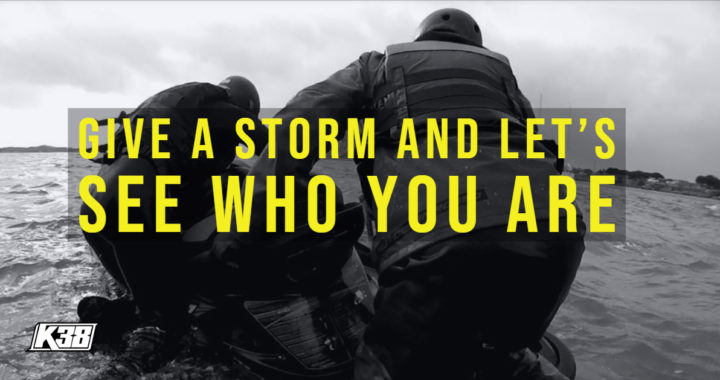JUICED OUT
Both citizens and First Responders have to be prepared when the lights go out. We both need a secondary source of power.
Think about the items you depend upon that require battery or electrical supply to operate from. Now think of those items for a 7-day period being non-operable.
Now we have focus on the luxuries we enjoy without realizing the impact this has on our personal and professional lives. When disaster strikes, we are admonished to be ready to take care of our own needs 100% for 72 hours. I would like to up that to a period of 2 weeks for a catastrophic event. Especially if there is a chain reaction of several events.
Consider this: When the M9.2 Great Tohoku earthquake struck near Japan, it trigged 11 tsunami waves. A volcano erupted and a nuclear disaster was created and 21,000 people died. Business, homes, industries, wiped out.
Government reeling with taking care of the needs of civilians and managing safety during a series of chain reactions. This could have happened anywhere in the world.
Insert yourself into that equation. Now add in the different stages of life, Children, Adolescents, Adults and Elderly. Now top in that medical and dietary concerns. Now add in agriculture livestock and household pets.
Perspective is not challenging, it is enlightening. This is how we create our ‘Safety Behavior’.
ELECTRICAL DEFICIENT
When we focus on our Safety Behavior, our mind begins to reshape how we view and perceive risk. This can only be positive.
Here is an important safety discussion:
1. Electrical power will be shut down intentionally
2. Electrical power will be shut down by grid failures
3. Electrical power will be shut down due to disaster
We have these three potentials of which all are realistic probabilities. We can expect the experience to occur in our area at some time. Yesterday Manhattan lost power. During #Barry blackouts were rolling through the storm path.
If a person is dependent on electrical support due to medical issues, they must solve this problem. They should consider this 'life or death' and not expect to receive assistance. Failure to have this addressed can be deadly and cause extreme hardship and stress.
Second part of that concern is even under care at a facility that is dedicated towards health care, their grid, and their backup generator system can fail.
So, the degrees of difficulty increase.
There are deeper issues at play here. Take care of your health now if you have no known issues.
Exercise daily and maintain your body needs.
You may have to find creative solutions for power supply. Know contact areas that can support and have that mapped out to be able to get yourself to that facility on your own terms and power.
Have a plan for animals. (not so easy).
POWER UP
Part of our safety behavior requires 100% responsibility. If you find yourself at the difficult moment of reality where power is crashing all around and you won't see if for a week's time. you will be compromised with no available resolution.
1. Gas Generator, spare fuel and fuel cans, funnel, fuel bibs, electrical cord (leave outside). Verify the horsepower to use ratio before purchase. Decide how much fuel you will need, and the noise levels
2. Solar Panels (portable and waterproof) You may need a lot of wattage depending upon what you want to run, so research, research and ask questions!
3. Solar Powered Generators-double the solar panel wattage for cloudy days
4. Portable Inverter Generator
If you decide to use a gas generator, then you need fuel, safely handled and stored. You cannot bring that indoors you will die or become severely ill from carbon monoxide poisoning.
If any creative ideas come into your mind that you fit any of this criterion its time you put a plan of action together and practice it.
This type of dialogue is required, it cannot be ignored.
You will feel better when you start taking action. And the bonus is you have goals which make a plan, which will ensure the hardship is drastically lessened!
__________________
Posted: July 16, 2019
Content Creator of Rescue Water Craft and Personal Water Craft boating international education standards: Shawn Alladio is the world’s foremost authority and leading subject matter expert. She cares most about her community and the culture surrounding the safety of event service providers and Rescue Water Craft operators, working hard and dedicated towards protecting their reputation, distributing safety information and continuing to train these amazing individuals to the highest standards of care.
__________
Have any questions? Join the Rescue Water Craft Association
and discover what your community is doing to modernize standards, safety and reduce liability!
Join the Rescue Water Craft Association
Use at your own risk. Please take a qualified Rescue Water Craft training course and maintain proper records and respect all the PWC, RWC, PPE, and gear OEM manufacturer warning labels and cautions.
